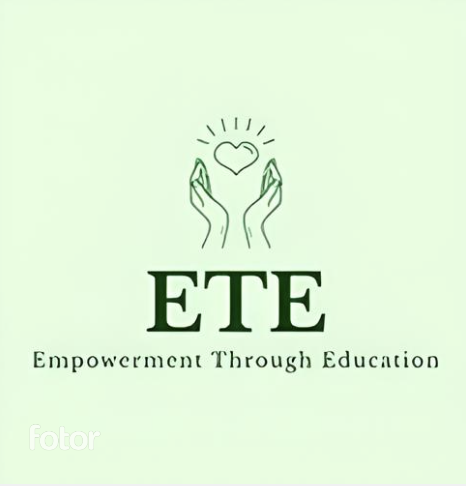Here is how the project went:
Empowerment Through Education (ETE), founded by Isabelle Qi and Olivia Chen, is a student-run international nonprofit based in New Jersey dedicated to improving educational opportunities for children in rural China, particularly girls. Our group decided to launch this book donation project after identifying a clear community need: schools in rural China face chronic funding and staffing shortages, leaving many children with little to no access to books or educational materials. Recognizing the importance of literacy in opening future opportunities, we aimed to address this need by collecting gently used books and creating sustainable, engaging library spaces. With support from the Roots & Shoots grant, we set out to collect 700 K–12 books and construct a library at Zhoushan Ming Zhu Middle School. Along the way, our goals evolved to also include promoting cultural literacy through multi-language books and increasing community engagement locally in New Jersey. We collaborated with local organizations, sponsors, and volunteers to organize donation drives, sort and categorize materials, and plan the library’s layout. The grant funding allowed us to purchase additional books and supplies to fill gaps and ensure age-appropriate selections. The project’s results were impactful: over 700 books were collected, a fully functional library was completed, and approximately 1,000 students gained access to new learning resources. Community engagement exceeded expectations, with over 500 local members contributing to the effort. We learned that careful coordination is key to international projects and that combining educational support with community outreach amplifies impact. A challenge we encountered was ensuring that books matched the students’ reading levels and interests, which informed our future plan to include more teacher input in book selection. ETE demonstrated the power of targeted action, student leadership, and cross-cultural collaboration in addressing educational inequities, while creating a scalable model for future initiatives and promoting sustainability by donating used books and materials.
Through this project I/we learned:
Through this project, we learned the importance of combining careful planning with flexibility. While our initial goal was to collect books and build a library, we realized that ensuring the materials were appropriate, engaging, and culturally relevant required ongoing adjustments and collaboration with teachers and local partners. We also learned how powerful community involvement can be—over 500 volunteers and donors contributed to making this project a reality, demonstrating that small individual efforts can add up to meaningful change. Finally, we gained insight into the challenges of addressing educational inequities in rural areas and the value of sustainable, scalable solutions. The experience reinforced our commitment to using education as a tool for empowerment and inspired us to continue expanding ETE’s impact.
What I/we might change:
If we did this project again, we might involve local teachers and students in the book selection process earlier to better match reading levels and interests. We would also plan for more structured follow-up to track how students engage with the books over time, ensuring the library continues to have a meaningful impact. Additionally, we would expand outreach to more community partners to increase book donations and volunteer participation, creating an even broader network of support for the project.
My/our favorite part of this project was:
Our favorite part of this project was seeing the students’ excitement when the books and library were delivered. Watching them explore new stories, share books with one another, and discover worlds they hadn’t had access to before was incredibly rewarding. It made all of the planning, fundraising, and organizing feel tangible and meaningful, and reminded us why literacy and education are such powerful tools for empowerment.
Some tips, tricks or fun facts about the project:
One tip for others interested in this work is to start small and build momentum—even a few volunteers or book donations can create a ripple effect. Organizing books by age group, genre, or reading level makes distribution much easier and ensures students can find books that truly interest them. Fun fact: some of the donated books were in multiple languages, which not only encouraged literacy but also sparked cultural curiosity among students. Lastly, documenting your project with photos, social media updates, or virtual events helps celebrate progress and inspires others to get involved.
